
BEIJING, Jan. 28 (Xinhuanet) – The printing presses of the developed economies are rumbling at full throttle as U.S., Japan and Europe have all announced monetary easing measures seen as necessary to spur stagnant economic growth.
Analysts are concerned that the massive monetary easing in numerous nations will spark a global "currency war", thus worsening China's external economic environment.
Facing with loosening monetary condition, analysts suggest that China change its economic model from depending on export-led growth to consumption-led growth to enhance internal growth capacity, and diversify foreign exchange reserve investment.
Japan's central bank last week announced it would increase its quantitative easing and also set a target of 2 percent for inflation.
The U.S. has released three rounds of quantitative easing, known as QE, and the European Central Bank (ECB) planed to buy unlimited bonds.
Sun Lijian, senior economist at Fudan University in Shanghai, said that cranking up money printing presses will undoubtedly increase the global market liquidity, push up prices of risky assets and attract the capital to flow into the developing countries for higher investment returns.
As result of the new round of liquidity, China will be forced to confront challenges in dealing with imported inflation, maintaining and increasing the value of forex reserves and preventing the inflow of hot money.
First, excess liquidity will result in a huge amount of cheap capital, thus disrupting the commodity market and keeping up prices of the imported goods which are important to people's livelihood.
Besides, by the end of 2012, China's foreign exchange reserves had hit 3.31 trillion U.S. dollars, ensuring the fund to keep its place as the world's biggest of its kind. Analysts point out that the massive monetary easing will lead to contraction of forex assets values.
Furthermore, the loosening monetary policy will lead to inflow of more international hot money, which will make forex management more difficult and pose a risk of domestic asset bubbles.
Statistics indicated that before and after the U.S. announced the second round of QE in 2010, many investment banks including Morgan Stanley, Goldman Sachs, UBS have all got into China's real estate market in various forms.
Experts warn that despite strict financial regulation, the foreign hot money seeking arbitrage opportunities might still seep into China through multiple channels like underground banks and false international trade contracts, posing serious threat to supervision.
In addition, developed economies, by adopting monetary easing, not only aim to stimulate moribund recovery, but also pursue a weaker currency in times of economic stress to boost exports. China's trade environment might worsen amid high expectations of RMB appreciation and flaring-up trade protectionism, they say.
Amid severe foreign trade environment, China's commerce authorities and export enterprises should use all kinds of regulations and laws under the WTO framework to uphold just rights and interests.
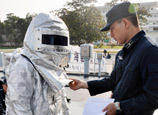



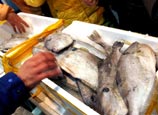
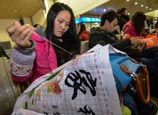

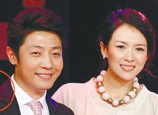
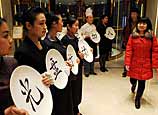
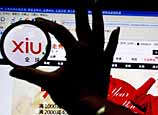






 People on way home during Spring Festival travel rush
People on way home during Spring Festival travel rush


![]()
